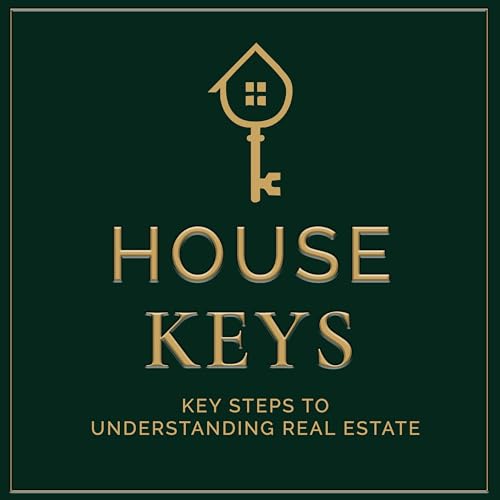In this episode, Birdman sits down with Mountain Retreat Realty Experts and Stephanie Crane to break down one of the most important tools in real estate: the Comparative Market Analysis (CMA). Learn how a professionally prepared CMA differs from online estimates and why "location, location, location" still matters more than algorithms. Stephanie explains how experienced agents analyze true comparable properties to determine accurate value—whether representing a buyer or a seller. The discussion also covers how CMAs relate to appraisals, buyer spending power, and avoiding overpaying in today's market. If you want confidence in pricing and a clearer understanding of what a home is really worth, this episode delivers the keys. 🔑
What Is a Comparative Market Analysis (CMA)?
A Comparative Market Analysis, often called a CMA, is a detailed pricing tool created by a real estate professional to determine the true market value of a home. Unlike automated online estimates, a CMA is built using real, local data and professional judgment.
In this episode, the focus is on how experienced agents and brokers use CMAs to analyze homes that are truly comparable—looking closely at location, condition, size, features, and recent sales in the immediate area. This hyper-local approach is what makes a CMA far more accurate than broad AI-generated price ranges you might see on real estate websites.
A CMA is commonly prepared before:
Why CMAs Matter More Than Online Estimates
Online pricing tools pull data from wide geographic areas and automated averages. A skilled agent, however, can:
-
Compare homes on the same street or neighborhood
-
Adjust for upgrades, views, lot size, and condition
-
Understand how market trends affect buyer behavior
Because of this, a well-prepared CMA can come very close to appraised value, giving both buyers and sellers confidence in their decisions.
How CMAs Work for Buyers and Sellers
-
For sellers, a CMA helps price the home competitively—maximizing value without overpricing and risking the home sitting on the market.
-
For buyers, a CMA ensures they're not overpaying and helps guide strong, informed offers.
Agents simply "change hats" depending on who they represent, but the goal remains the same: identify true market value.
CMAs vs. Appraisals
While a CMA is not an official appraisal, it plays a critical role before one happens. A buyer can choose to pay more than appraised value—but they must bring the difference in cash. Understanding a CMA ahead of time helps buyers avoid surprises and prepares everyone for the appraisal process.
The Bottom Line
A Comparative Market Analysis is one of the most valuable tools in real estate. When done by a knowledgeable professional, it provides clarity, confidence, and protection—helping buyers make smart investments and sellers achieve the best possible outcome.
House Keys is brought to you by
Mountain Retreat Realty Experts
https://mtnretreatrealty.com
House Keys is produced by Birdman Media™
 2 mins
2 mins 2 mins
2 mins Jan 20 20262 mins
Jan 20 20262 mins Jan 14 20264 mins
Jan 14 20264 mins Jan 12 20263 mins
Jan 12 20263 mins Jan 7 20261 min
Jan 7 20261 min Sep 19 20254 mins
Sep 19 20254 mins Sep 17 20253 mins
Sep 17 20253 mins
